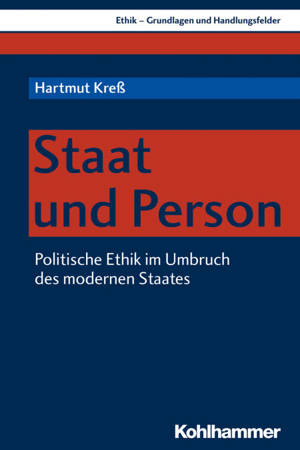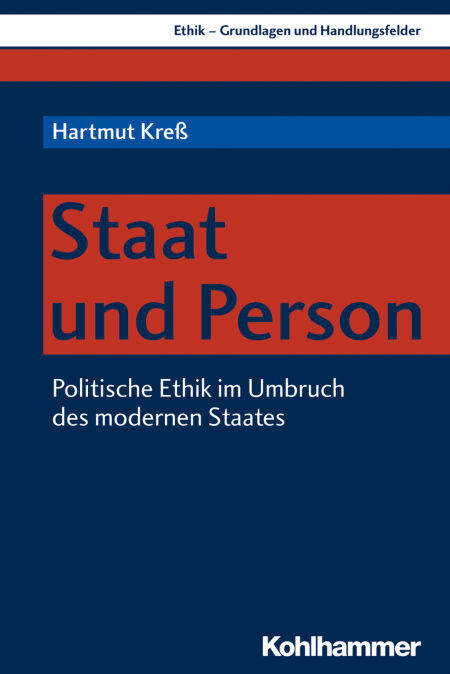
- Afhalen na 1 uur in een winkel met voorraad
- Gratis thuislevering in België vanaf € 30
- Ruim aanbod met 7 miljoen producten
- Afhalen na 1 uur in een winkel met voorraad
- Gratis thuislevering in België vanaf € 30
- Ruim aanbod met 7 miljoen producten
Zoeken
Staat und Person E-BOOK
Politische Ethik im Umbruch des modernen Staates
Hartmut Kreß
E-book | Duits
€ 37,99
+ 37 punten
Uitvoering
Omschrijving
The state is currently undergoing a crisis, characterized by an erosion of the rule of law and the loss of influence of nation states resulting from globalization. On the other hand, the institution of the state in the cultural and legal history of Germany has been exaggerated and idealized. Theologically, it was regarded as the divine order of creation; philosophers declared it to be a ?moral person=; the modern judicial theory of the state raised it to the status of ?state person=. This book analyses the central ideas in the interpretation of the state since the Renaissance and Reformation for present-day purposes. In the face of today=s situation of upheaval, it outlines a political ethics that emphasizes the primacy of the human person.
Specificaties
Betrokkenen
- Auteur(s):
- Uitgeverij:
Inhoud
- Aantal bladzijden:
- 294
- Taal:
- Duits
Eigenschappen
- Productcode (EAN):
- 9783170262935
- Verschijningsdatum:
- 25/09/2018
- Uitvoering:
- E-book
- Beveiligd met:
- Digital watermarking
- Formaat:
- ePub

Alleen bij Standaard Boekhandel
+ 37 punten op je klantenkaart van Standaard Boekhandel
Beoordelingen
We publiceren alleen reviews die voldoen aan de voorwaarden voor reviews. Bekijk onze voorwaarden voor reviews.








